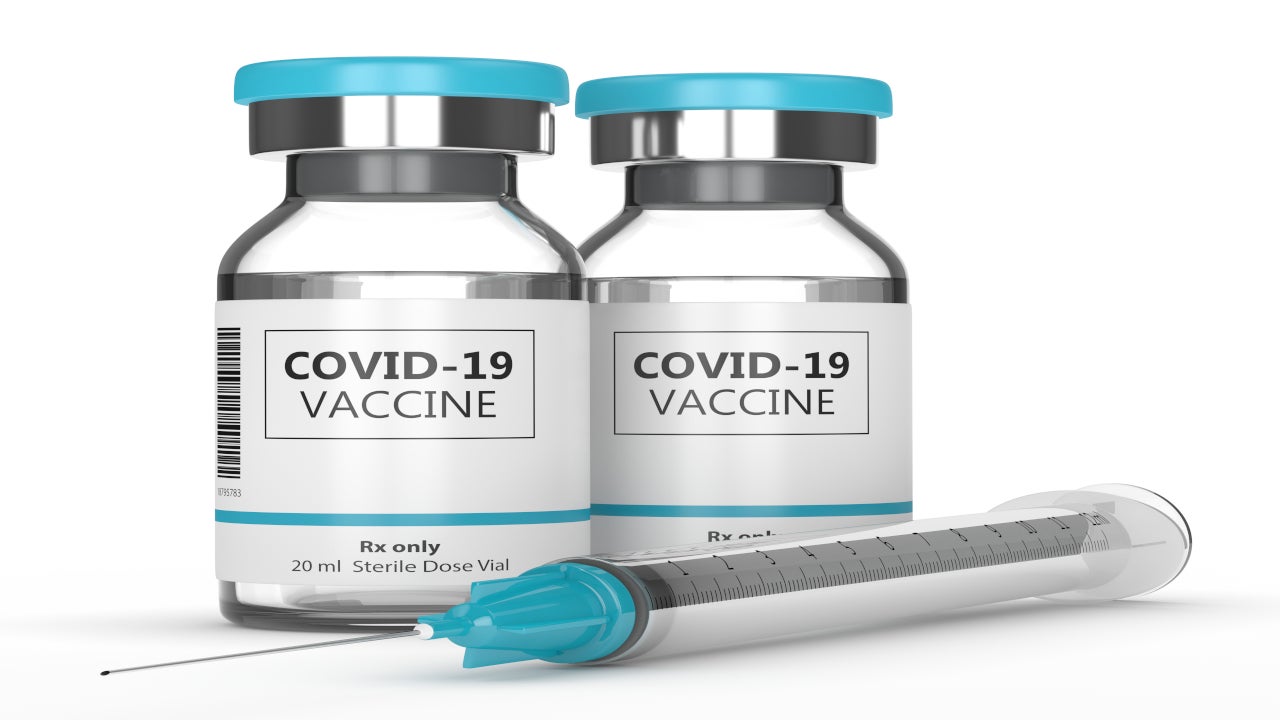AstraZeneca and the University of Oxford’s South Africa-based Phase I/II trial investigating its Covid-19 vaccine, Vaxzevria (AZD1222), started unblinding participants last week, a source familiar with the trial said. Participants in the placebo arm have been crossed over to receive the first dose of the vaccine, he noted. Meanwhile, participants in the treatment arm are receiving a third dose to test if an additional booster improves the efficacy of the original two-dose regimen against B.1.351, the SARS-CoV-2 variant of concern first discovered in South Africa, he added.
AstraZeneca and Oxford are also in the process of working on a modified version of Vaxzevria related to variants of concern, the source added. An AstraZeneca spokesperson said the company and Oxford have already started developing next-generation adenovirus-vectored vaccines incorporating genetic changes to the spike protein found in the new variants. This can advance rapidly through clinical development so that it is ready for 4Q delivery, should it be needed, he added. Viral-vectored vaccines can be engineered in the laboratory, and so as the virus mutates, the platform technology can be adapted to keep pace with new variants, if needed, he explained.
Immunogenicity results from the ongoing new stage of the Phase I/II trial could be reported as soon as July, the source added. While the study’s ClinicalTrial.gov entry, which was last updated in November 2020, also lists infection events as a coprimary efficacy endpoint, the trial is not statistically powered to report efficacy rates, he noted.
South Africa-based Covid-19 vaccine studies are drawing attention due to clinical trial data showing B.1.351 can significantly dampen vaccine efficacy. In February, news outlets reported South Africa decided to forego its Vaxzevria rollout due to its minimal protection against mild-to-moderate infections. The unblinded Phase I/II now testing a third shot initially enrolled 2,130 participants. Among the 2,026 human immunodeficiency virus-negative volunteers, the two-dose approach offered 21.9% protection against mild-to-moderate symptoms (Madhi, S., et al., N Engl J Med, 2021 Mar 16, NEJMoa2102214). A total of 39 of the 42 infection events in the vaccine arm were due to B.1.351.
While Vaxzevria was developed for the original SARS-CoV-2 variant, laboratory data show a higher antibody concentration for SARS-CoV-2 bolsters efficacy against variants of concern when testing the addition of a second booster to the original two-dose regimens. Most participants in the Phase I/II completed their two-dose schedule in November, so the third dose would be administered about four to six months after the second dose, the source explained.
Timelines for the event-driven efficacy endpoint are hard to predict, as it is dependent on local infection rates, which have been on a downward trend, the source added. South Africa’s daily infection rates peaked on 8 December with 21,980 cases, while 847 new cases were reported yesterday (13 April), according to the Johns Hopkins Coronavirus Resource Centre.

US Tariffs are shifting - will you react or anticipate?
Don’t let policy changes catch you off guard. Stay proactive with real-time data and expert analysis.
By GlobalDataAstraZeneca has a $131.62bn (£95.43bn) market cap.
Last month, South Africa concluded its sale of about one million unused Vaxzevria doses to other African Union member states, according to news reports. In lieu of the AstraZeneca/Oxford vaccine, a 500,000-participant Phase IIIb observational study was initiated to investigate Johnson & Johnson’s single-jab JNJ-78436735 among healthcare workers. Yesterday (13 April), news outlets reported South Africa had suspended JNJ-78436735 shots as a precautionary measure following the FDA’s decision to pause the vaccine’s rollout due to rare blood clots with low platelets. South Africa has dosed 289,000 people with single-jab JNJ-78436735 so far.
Reynald Castaneda is an Associate Editor for Clinical Trials Arena parent company GlobalData’s investigative journalism team. A version of this article originally appeared on the Insights module of GlobalData’s Pharmaceutical Intelligence Center. To access more articles like this, visit GlobalData.





